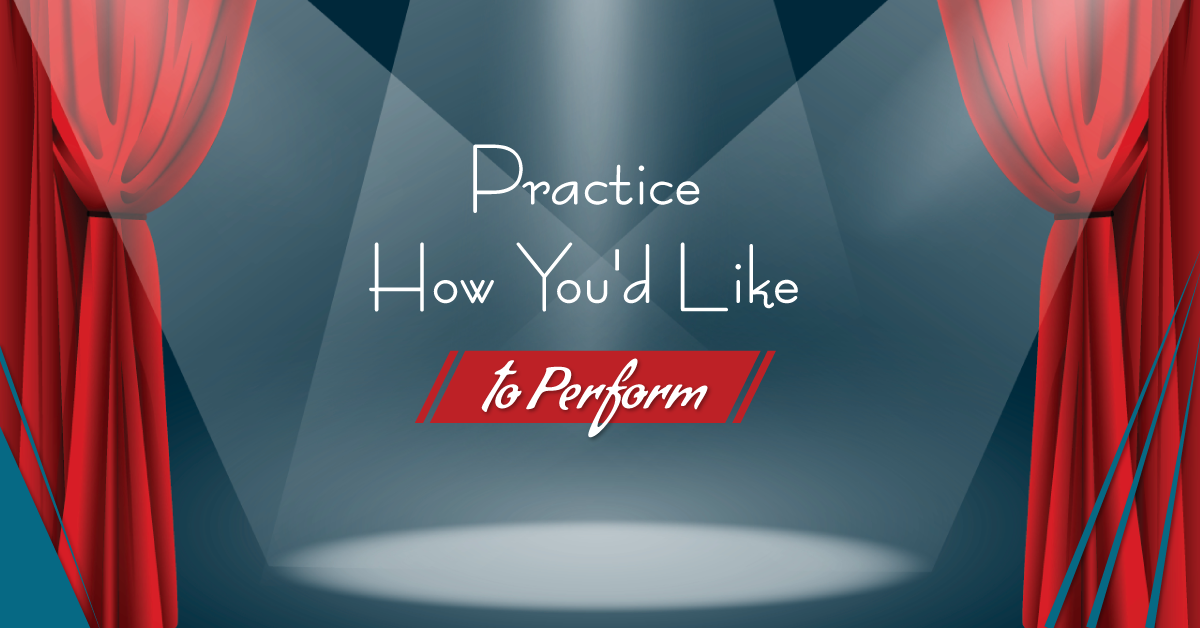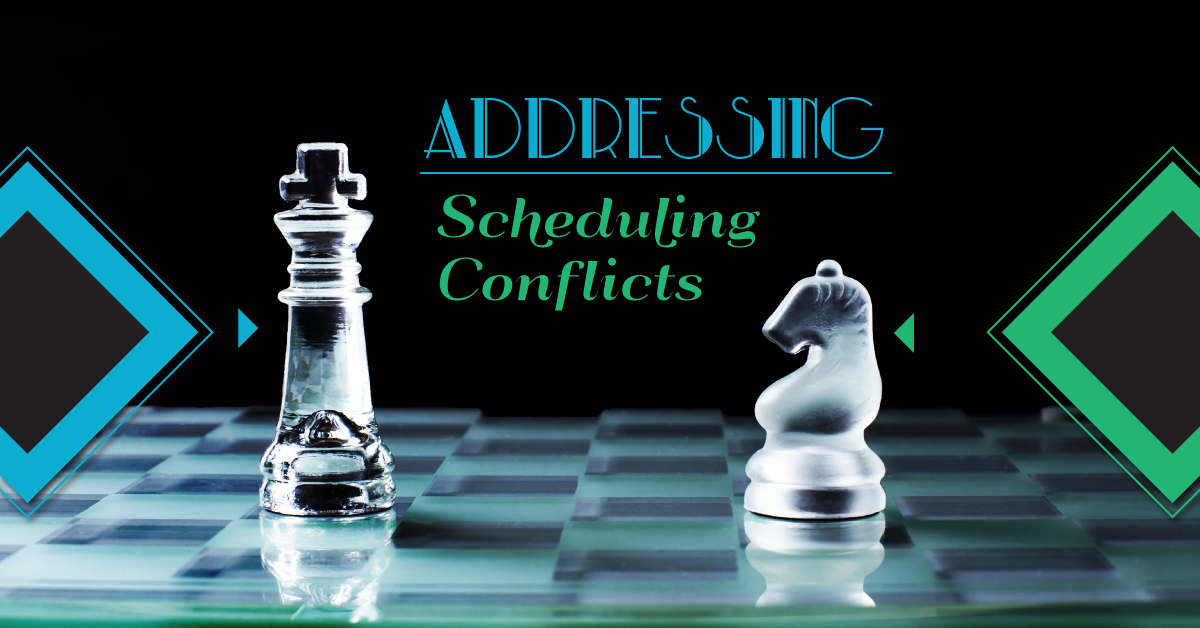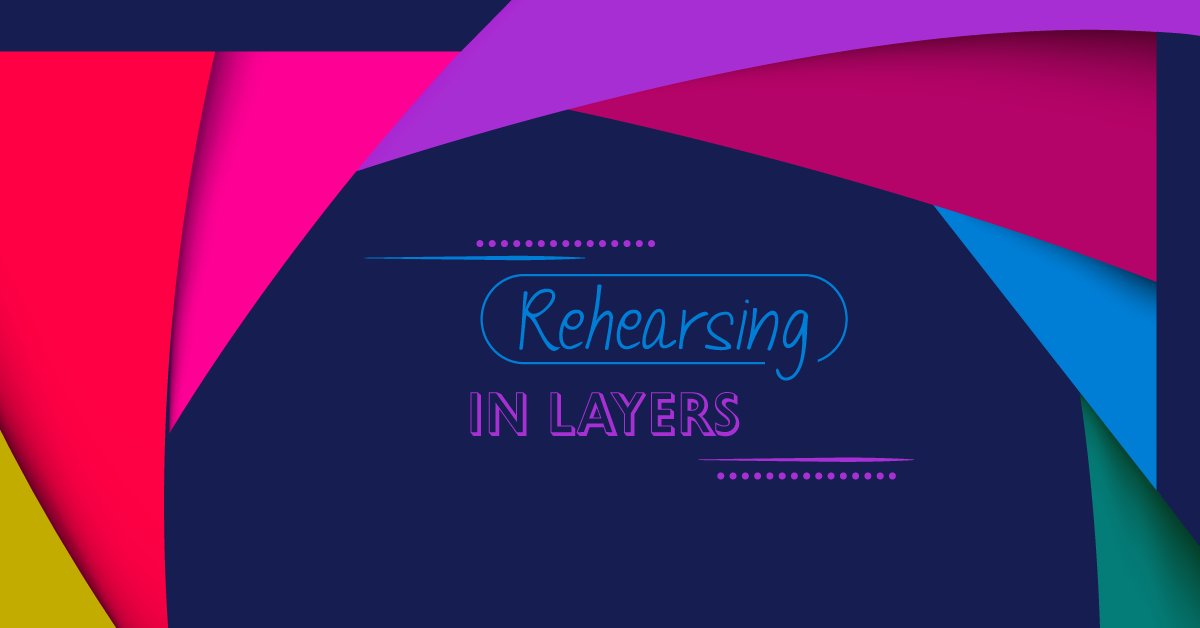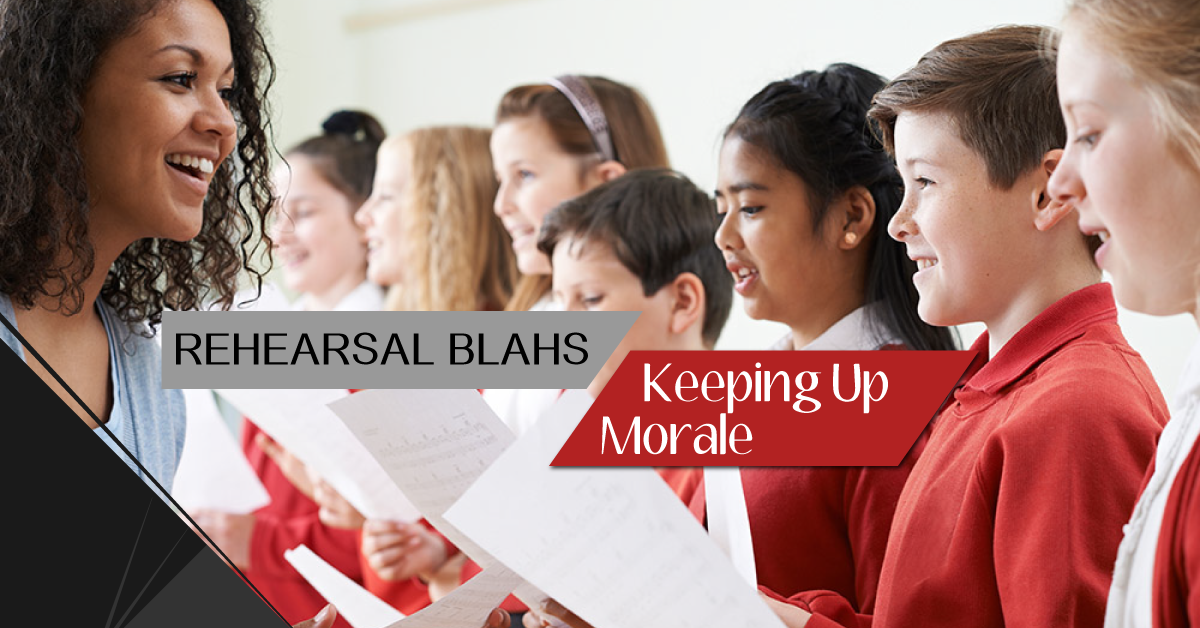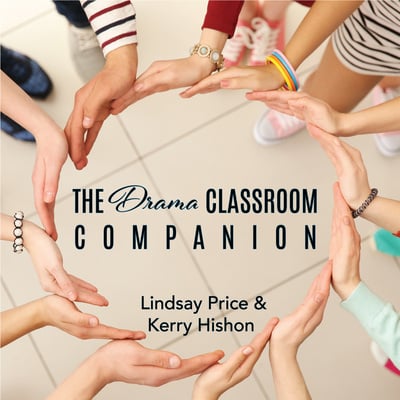Horror Movie 101: Failing Can Be Deadly by Steven Stack is a chilling mix of horror and humor - perfect for student performers and the spooky season! 👻
Practice How You’d Like to Perform
Teachers and directors – have you ever watched a run of your show, noticed a particular student, and wondered, “Now where did that performance come from?!” I’m talking about the student who plods through the rehearsal process, doing just enough to get by, but when they’re onstage, all of a sudden it’s like they’re an entirely different person – bright-eyed, smiling, and performing their heart out. While it’s wonderful to see this performance, I’m sure you were wondering why this is the first time you’re seeing this student perform with this much energy and enthusiasm – especially when you were probably worried about how the show was going to come together!
For some students, the theatrical process can seem long and tedious. Many students love performing but don’t like going through the process of rehearsing – learning, developing, exploring, and reviewing. They may not see the point of drilling notes, trying different approaches to lines, and practicing choreography over and over – they just want to get onstage with the costumes, lights, and cheering audiences.
What really surprises these students is the concept of “practicing how you’d like to perform.” This means performing full out all the time, with maximum energy, as if every rehearsal, review, and run-through is a full performance. Through this repetition, students develop their stamina, improve their volume for speaking and singing, increase confidence (both their own and that of their teacher/director) in their abilities, and demonstrate their passion and enthusiasm for the show. By demonstrating a half-effort in rehearsal, students aren’t displaying their full abilities and potential – they are essentially holding themselves back. But by practicing everything like a performance, students will be capable of much more onstage.
Here are six tips to help your students embrace the concept of “practicing how they’d like to perform".
1. Discuss why rehearsal is important. Does every student come to rehearsal with all his or her lines memorized? Does everyone learn the dance steps perfectly the first time? Does everyone already know their blocking? Of course the answer is no! Have students discuss everything that goes on during rehearsals beyond the mechanics of line work, choreography, blocking, and vocal rehearsal. How do characters truly come alive? How does an actor know how to express exactly how their character is feeling? How does each moment onstage actually happen within the constraints of this particular production, in this particular theatre, with these particular students? The answer is – this is all discovered through the rehearsal process!
2. Re-frame students’ thoughts about rehearsal. Students spend far more time in rehearsal than they do actually performing the show. Have students think of rehearsal as constant performance time – they love to perform, and they have all this time to be performing in rehearsal! If they say, “It’s not the same without an audience,” remind them that the artistic staff and the rest of the cast and crew are always watching. You may also wish to bring in outsiders to watch a portion of rehearsal at times – perhaps another teacher, the principal, or some parents might be able to come in and see a run-through of a scene or musical piece. This will keep your students on their toes!
3. Urge students to get off-book as quickly as possible. The sooner they are not fumbling with their scripts in their hands, the easier it is for them to really develop their physical movements and understanding of who their character is and what they want at all times. When students are not struggling with their lines, they can focus on making their work bigger, louder, and more energetic.
4. Start with small increases in energy. Tell your students to “bring the energy level up two notches” or “increase your energy by 10%.” Smaller increments are easier for students to believe they can do well. Hearing “The whole number needs to be WAY BIGGER!” is less intimidating than “Let’s bring our energy up from 5 out of 10, to 7 out of 10.”
5. Encourage “bigger is better” in rehearsal. It’s much easier to bring an over-the-top performance down, than it is to coax and plead a bigger performance out. You can even have students do a run-through where they deliberately “go overboard” with their voices, gestures, and characterizations. Chances are, the overboard performance is closer to what they need to do. You can then pull back the performance as necessary.
6. Have your students rate their own performance in rehearsal. Ask them, “By show of hands, who would rate that run-through a 5 out of 10?” and go upwards or downwards from there. I’ve found that students are generally pretty honest about their performance, and they tend to follow it up with “Can we run it again?” or “Can you re-explain such-and-such please?” If your students’ opinion of their performance is different from yours, explain your rating and why you feel they deserved that rating. Give concrete examples of what needs to be fixed, such as: “I couldn’t hear your lines clearly,” “Your character is supposed to be happy in this scene, but your facial expression makes you look bored,” or “Your arms and fingers were saggy, when they should have been straight and extended.”
Alternatively, if your students are harder on themselves than you would have been, be sure to give them positive feedback about what they did: “Your turns were much better during that run-through,” “Your voices were much clearer that time,” or “Even though you are in the back row of the dance, your energy made you stand out in a good way.”
Related Articles
The Drama Classroom Companion
by Lindsay Price & Kerry Hishon
The Drama Classroom Companion is filled with articles and exercises to build the skills needed for theatrical performance as well as real world skills like creative thinking, critical thinking, collaboration, and communication.
The Rehearsal Companion
by Kerry Hishon
You’ve chosen the play, paid the royalties, done the script analysis, held your auditions, and cast the show. Tomorrow is the first rehearsal. Are you ready? Really ready? The Rehearsal Companion can help!
